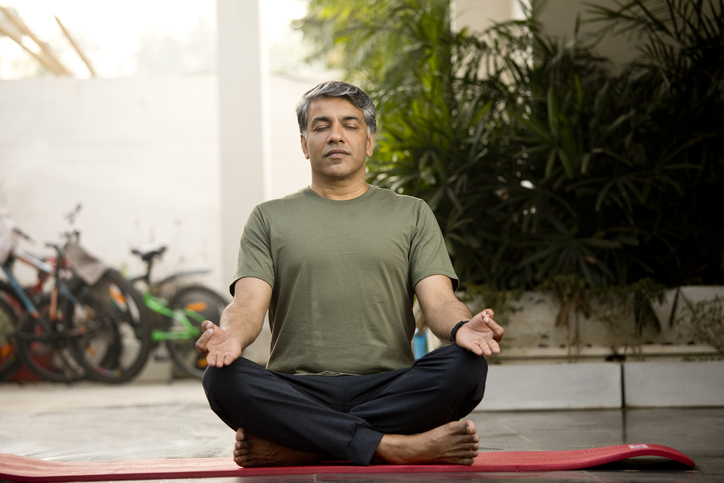Indian missions around the world celebrated the inaugural World Meditation Day on Saturday, December 21, highlighting meditation’s transformative impact on mental and physical well-being. The event was marked by a series of activities and ceremonies, with prominent global figures and diplomats emphasizing the practice’s ability to foster peace, harmony, and personal growth.
Prime Minister Narendra Modi, in a post on X, urged everyone to incorporate meditation into their daily routines. He described meditation as a “powerful way to bring peace and harmony” to individuals, societies, and the planet as a whole. In his post, he encouraged people to use modern tools such as apps and guided videos to help integrate meditation into their lives.
“Meditation is a powerful way to bring peace and harmony to one’s life, as well as to our society and planet. In the age of technology, Apps and guided videos can be valuable tools to help incorporate meditation into our routines,” Modi wrote.
At the United Nations, India hosted a special event titled “Meditation for Global Peace and Harmony” at the UN Trusteeship Council. India’s Permanent Representative to the UN, P. Harish, addressed the gathering, emphasizing the importance of Dhyana (meditation), an ancient Indian practice that promotes inner calm and balance.
Harish expressed pride in the global recognition of meditation, particularly the UN General Assembly’s adoption of December 21 as World Meditation Day. The resolution, passed on December 6, was the result of a collaborative effort among a core group of countries, including India, Liechtenstein, Sri Lanka, Nepal, Mexico, and Andorra. Harish noted that notable personalities such as UN General Assembly President Philemon Yang, Under-Secretary-General for Operational Support Atul Khare, and spiritual leader Sri Sri Ravi Shankar participated in the event.
In Vientiane, Laos, the Indian Embassy, in collaboration with Art of Living Laos and the Holiday Inn Vientiane, celebrated the day with a meditation session. Indian Ambassador Prashant Agrawal encouraged attendees to adopt meditation for peace, harmony, and well-being. He also highlighted India’s central role in the adoption of World Meditation Day at the UN.
The Nepal Mission to the United Nations also marked the occasion by emphasizing Nepal’s spiritual heritage. Nepal’s Permanent Representative to the UN, Lok Thapa, described the country as “Tapobhumi” (the land of meditation) and highlighted how meditation can bring people together and foster harmony across communities.
The Consulate General of India in Sao Paulo hosted a meditation session at the Swami Vivekananda Cultural Centre (SVCC), where Consul General Hansraj Singh Verma spoke about the significance of meditation. Dr. Luisa Gondim from Art of Living led the participants in a short meditation practice.
In Johannesburg, the Indian Embassy encouraged everyone to embrace mindfulness, posting a message on social media, “Even a few minutes of mindfulness can make a big difference. Find your inner peace on World Meditation Day!”
Other missions, including those in Hong Kong, Sri Lanka, Bhutan, and Argentina, also celebrated the day with meditation sessions, discussions, and cultural events, all aimed at promoting peace and well-being through meditation.
The Indian Embassy in Argentina announced its plans to combine yoga, gastronomy, and Indian culture to celebrate the occasion. The event highlighted India’s leadership in promoting human well-being, rooted in the country’s civilizational ethos of “Vasudhaiva Kutumbakam” — the belief that the whole world is one family.
Reflecting on the Winter Solstice at the UN, Harish explained its importance in Indian tradition, marking the beginning of “uttarayana,” a time for spiritual reflection. He concluded that India’s leadership in human well-being is a result of its ancient wisdom and the global importance of peace and unity.
(With IANS inputs)














